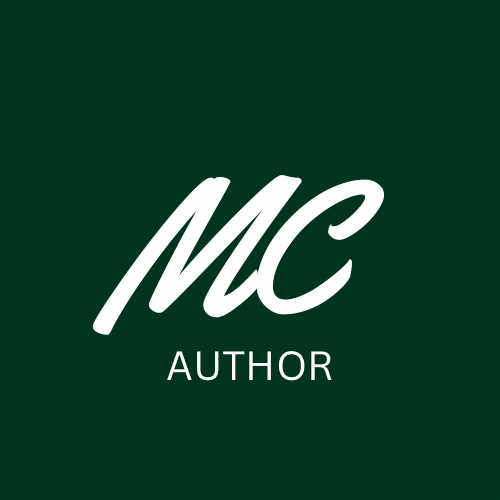What Rereading My First Novel Taught Me

After three months of grinding away, I finally finished a full cover-to-cover read through and edit of my first novel, The Scion Conspiracy. You know what I’ve learned? As it turns out, editing and writing are two very different things. Writing, at it’s best, is fun. When things are good, you get into a groove and start to really chug along. Before you know it, you’re blowing past your goal for the day and crushing whole chapters. Even at it’s worst, writing is still a creative process. You can enjoy the challenge of working through a difficult chapter or relish in the rewards of deciphering the perfect phrasing for your next scene. But editing? Editing is just work.
It has been a slow, challenging and often painful experience as I attempted to work through word after word of my own writing and attempt to pare down my manuscript into something resembling a publishable piece of literature. But, despite the challenges, in the time it’s taken me to rework my novel I’ve come to really appreciate the value and necessity of full-blown edits. Surprising absolutely no one, including myself, I found an abundance of typos, grammatical errors and continuity inconsistencies that would have been like glaring red marks to any would be agent, publisher or reader.
But more importantly, I found that I really needed that second pass to make my work shine. When you’re in that flow state I spoke about before, it’s easy to get overly focused. To put your blinders on, you might say. Writing is a solitary pursuit and often it is easy to focus on what you intend to say, not what you’re actually writing down. So many times that sentence I thought sounded perfect in the moment was just bit awkward on a second read through. The phrase that was just the right fit was not quite as the matching puzzle piece I thought it was. Luckily, a full read through gave me the opportunity to polish up my work and make it something I am truly proud of.
In the end, despite the pain and suffering, I can confidently recommend the full reread for any would be authors out there. Sure it took a lot of time and effort, but it resulted in something I am much more confident in. If readers put my novel down because they think it sucks, I am okay with that. But I’d much rather know I put my all into it than have any lingering doubts.












